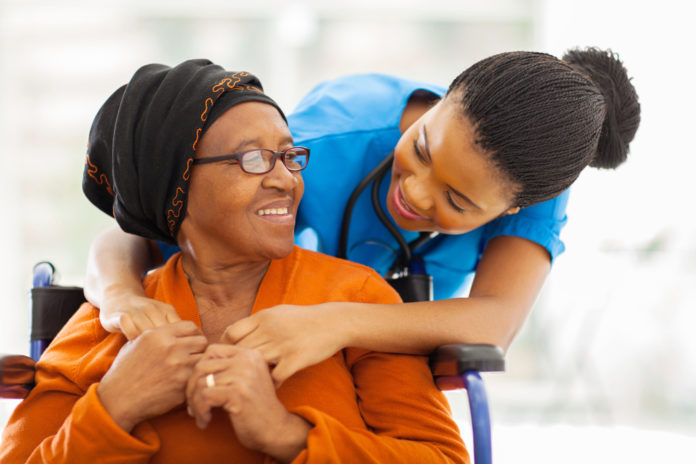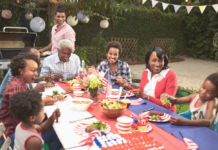Elderly Caregiving
Caregiving is offering support to another person, primarily in the presence of an illness or disability, and can involve daily or weekly provision. So when it comes to elderly caregiving, both physical and mental declines often require ongoing support, providing assistance in activities of daily living (ADLs) such as meal prepping, dressing, toileting, bathing, and transferring. Caregivers further need to pay attention to changes in mental, social, and psychological needs and readapt care standards and protocols as noticed.
Though it may feel like a natural instinct to assist in the care of your elder loved-one, it is important to understand the many hats worn by a caregiver:
Team Member
A caregiver is a part of the overall healthcare team, along with the expertise of doctors and nurses, physical therapists, home health aids, hospice and social workers, and nutrition experts.
Decision Maker
Though a team approach can offer the best options for your loved one, being a caregiver sets the ball into their own court. Since caregivers largely keep their best interest in mind, acting as one further harnesses them as a valuable decision maker.
Emotional Supporter
Along with physical health, mental wellbeing is just as valuable. As a caregiver, it is imperative to offer ongoing human contact and loving support, reducing feelings of isolation while enhancing quality of life.
Along with displayed personal, internal choices that affect elderly caregiving, the external environment must not go unnoticed. Caregivers must consider anticipated emergencies and mobility, including installed ramps, doorway widths, and paths to adapt wheelchair entry. Accommodations to bedding, lighting, and bathroom amenities further need consideration to best accompany the elder’s safety. Find more information and resources regarding general caregiving at the official National Alliance for Caregiving’s website.
Tips and Help for Caregivers
- First off, it is extremely important to consider your health, too. Though it is admirable to offer assistance to your loved one, you also need to be strong enough to maintain your ability to do so. Whether it may be physical or mental strain, it holds worth to seek out professional care!
- Support groups of other caregivers can provide reassurance, encouragement, and additional caregiving tips. Remember, you are not alone!
- Speaking that you are not alone, it is okay to accept help from others. Additionally, be open to new suggestions and embrace any sort of advances (including technological advancements) that will assist in caregiving.
- Medical aspects of elderly caregiving can be overwhelming. To alleviate tremendous stress, try to stay as organized as possible with health and legal documents and forms. Also learn to communicate effectively with your elder’s healthcare providers.
- Finally, take “you” time and give yourself credit for all the hard work you have provided to your loved one! Whether it be treating yourself at a local coffee shop or taking a mini vacation, allow yourself to personally indulge on life’s simple pleasures.






